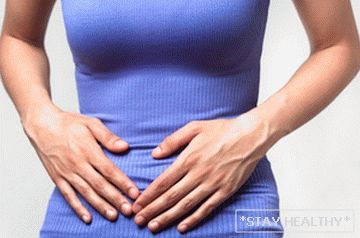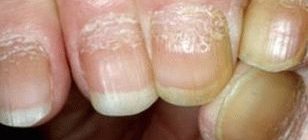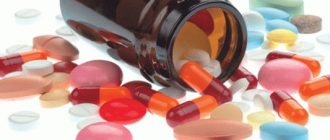 Thu, Mar 24, 2016
Thu, Mar 24, 2016
Дисбактериоз, не считаясь самостоятельным
bowel disease is a common condition
representing an imbalance between different
environmental factors and gastrointestinal microflora
tract.
In the normal intestine is the optimal ratio of aerobic and
anaerobic lactobacilli, putrefactive bacteria, Escherichia coli, and
also yeast-like fungi and enterococci. This state
The organism is called eubiosis. Without the help of bacteria, human
the body will not be able to absorb most of the nutrients.
Dysbacteriosis is characterized by changes in the quality and
quantitative ratio in microflora, which is enough for
negative effects on intestinal function.
Contents
Dysbacteriosis – causes
* The presence of pathogenic microbes (viral diseases,
salmonellosis, dysentery) or intestinal parasites that secrete
substances that kill beneficial microflora. * Uncontrolled use
highly active antibiotics that destroy intestinal bacteria. *
Unfavorable ecological environment and constant
stay in stress. * Availability of various
functional disorders and chronic diseases of systems and
organs. * Immunodeficiency state, often associated with some
types of cancer, chemotherapy, AIDS. * Improper diet in which
the human body receives an insufficient amount of contributing
the growth of beneficial microflora in the body, substances. * Use in
food substances that destroy good bacteria.
Dysbacteriosis – symptoms
As a rule, they can be – nausea, heartburn, belching. Sometimes
at occurrence of a disease there is an unpleasant smell from a mouth,
unpleasant taste, as well as subfebrile temperature. Some
people, on various products, allergic reactions occur.
When intestinal dysbiosis has arisen, complaints about
increased gas and abdominal discomfort. Worried
stool disorders expressed in constipation, diarrhea, and unstable stool,
with pain in the abdomen. Diarrhea in patients with frequent, mushy
consistency, offensive, greenish, gradually becoming
watery. Leads to flatulence.
In patients with dysbiosis, appetite disappears, there is
weakness, decreased work activity, headaches,
malaise.
The symptoms of the disease also include: * all kinds of
gastritis; * infectious diseases and duodenal ulcer
intestines; * diathesis and allergic reactions; * after treatment
strong antibiotics; * candidiasis; * poorly healing wounds; *
toxicosis in pregnant women.
Dysbacteriosis can cause: * liver disease; * eczema; *
diabetes mellitus; * cirrhosis; * colon cancer; *
immunodeficiency; * chronic fatigue syndrome; * septic carditis
and polyarthritis; * rickets and osteochondrosis.
Dysbacteriosis – diagnosis
Biochemical study of microbial metabolites,
bacteriological examination of feces, chromatography-mass spectrometry,
PCR – diagnosis.
Дисбактериоз – treatment
Treatment of the disease is an integrated approach,
ensuring the restoration and normalization of intestinal microflora,
улучшение его функционирования, treatment возможных сопутствующих
diseases. The use of drugs that stimulate life
and the growth of protective intestinal microflora and suppress pathogens
microorganisms, allowing to create a stable-necessary balance
microflora.
To prevent the development of the disease or its recurrent
nature, it is recommended to eat properly, excluding from
menu: spicy, fatty, fried.
In parallel with antibiotics, apply drugs and
bacterial preparations that support normal liver function, and
also enzymes that accelerate the process of splitting food, eliminating
malabsorption and dyspepsia.






